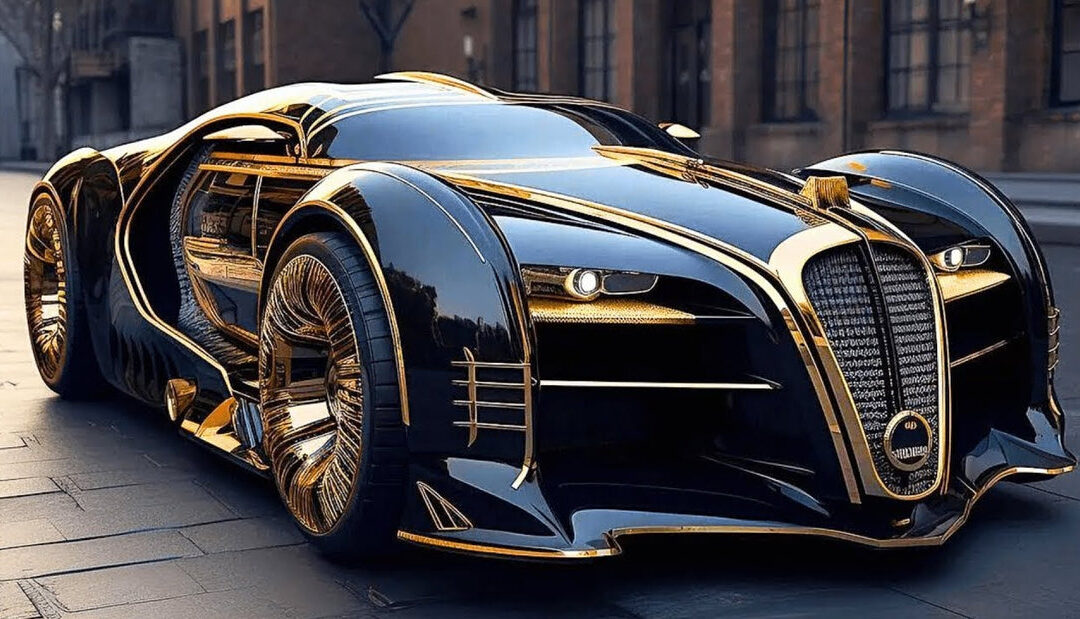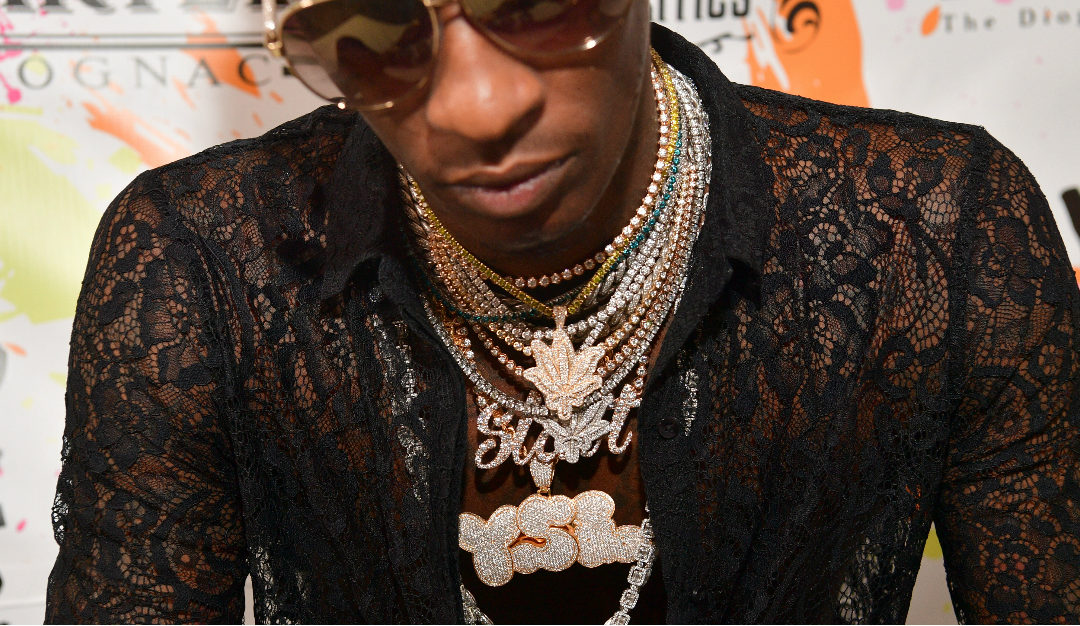In the world of hip hop, it’s not uncommon for artists to flaunt their wealth with extravagant jewelry. However, when it comes to the authenticity of that bling, things can get a bit murky. Recently, Maino and Troy Ave have been embroiled in a controversy over claims of fake jewelry.
Maino, a Brooklyn rapper known for hits like “All the Above” and “Hi Hater,” took to social media to call out Troy Ave for allegedly wearing fake jewelry. In a series of Instagram posts, Maino shared pictures of Troy Ave’s jewelry, which he claimed was fugazi.
Maino and Troy Ave
Troy Ave, a fellow Brooklyn rapper, quickly fired back with his own posts, insisting that his jewelry was authentic and accusing Maino of being jealous and seeking attention. The back-and-forth between the two rappers quickly gained traction on social media, with fans and industry insiders weighing in on the controversy.
The claims of fake jewelry have raised questions about the authenticity of bling worn by other rappers in the industry. With the rise of counterfeit jewelry and the prevalence of knockoff designer brands, it’s becoming increasingly difficult to determine what’s real and what’s fake.
Did He Say Chaino?
But why does it matter if a rapper’s jewelry is fake or real? For one, it speaks to the authenticity of the artist’s image. In hip hop, authenticity is everything. Therefore, if an artist is caught wearing fake jewelry, it can be seen as a sign of phoniness or worse.
Furthermore, fake jewelry can also have serious financial implications. High-end jewelry can be a significant investment, and if an artist is spending money on fake bling, they could be losing out on potential returns.
The controversy between Maino and Troy Ave highlights the importance of authenticity in hip hop culture. While it’s easy to get caught up in the flashy lifestyle portrayed in rap music, it’s crucial to remember that authenticity and credibility are key components of the genre.
In the end, only time will tell whether the claims of fake jewelry are true or not. But regardless of the outcome, the controversy serves as a reminder that in hip hop, authenticity is everything.
















